How AI is Restructuring Today’s Medical Diagnosis
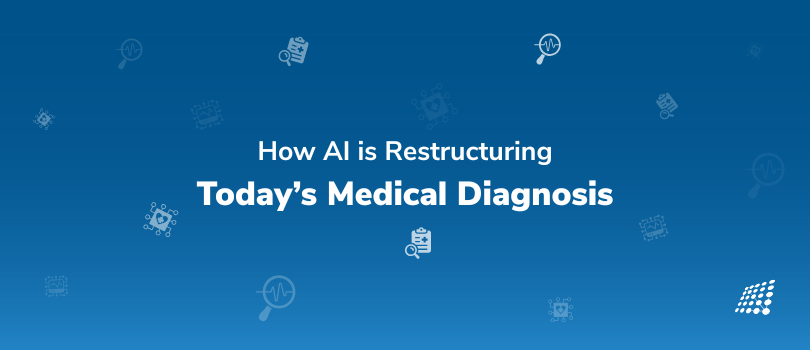
You know how healthcare has seen some pretty wild changes in recent years? Well, it is all thanks to AI in healthcare and medical technology, which is speeding up diagnoses and making them way more accurate than before. Doctors are now getting help every single day, whether it's from evaluating MRIs and X-rays or catching illnesses before they progress to the advanced stages. Let's take a closer look at some of the eye-opening ways AI is reshaping medical diagnosis for the better.
AI's Potential for Early Disease Detection
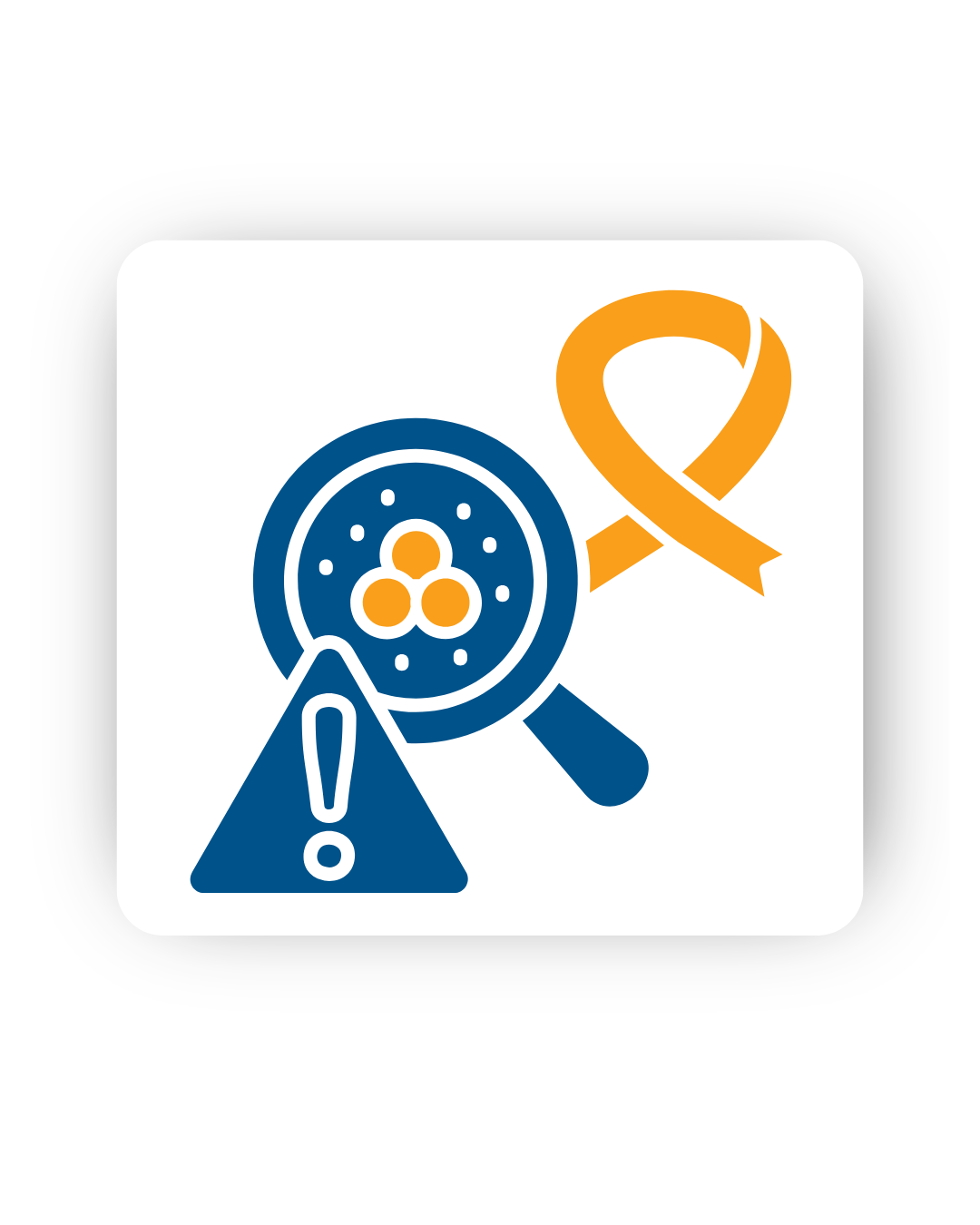
AI in medical diagnosis is shaking things up by helping medical professionals identify diseases right at the beginning—sometimes even before symptoms start to show. This early detection is crucial because it can genuinely save lives. While AI can spot patterns in data that humans might miss, traditional diagnostic methods usually rely on symptoms appearing first. Diabetic retinopathy, for instance. Models of artificial intelligence (AI) assist physicians in identifying diseases more accurately and early, increasing the chances that they will be successfully treated.
Through analyzing lab results and pulling together patient info like age and gender, AI can create risk scores that alert doctors about potential health issues. This approach is becoming super handy for serious illnesses such as cancer, liver disease, and COVID-19, where catching something early can lead to much better outcomes. It helps with analyzing blood work patterns, spotting unusual changes in medical scans, and even spotting early signs of heart disease from routine ECGs.
Improving Diagnostic Precision with Machine Learning
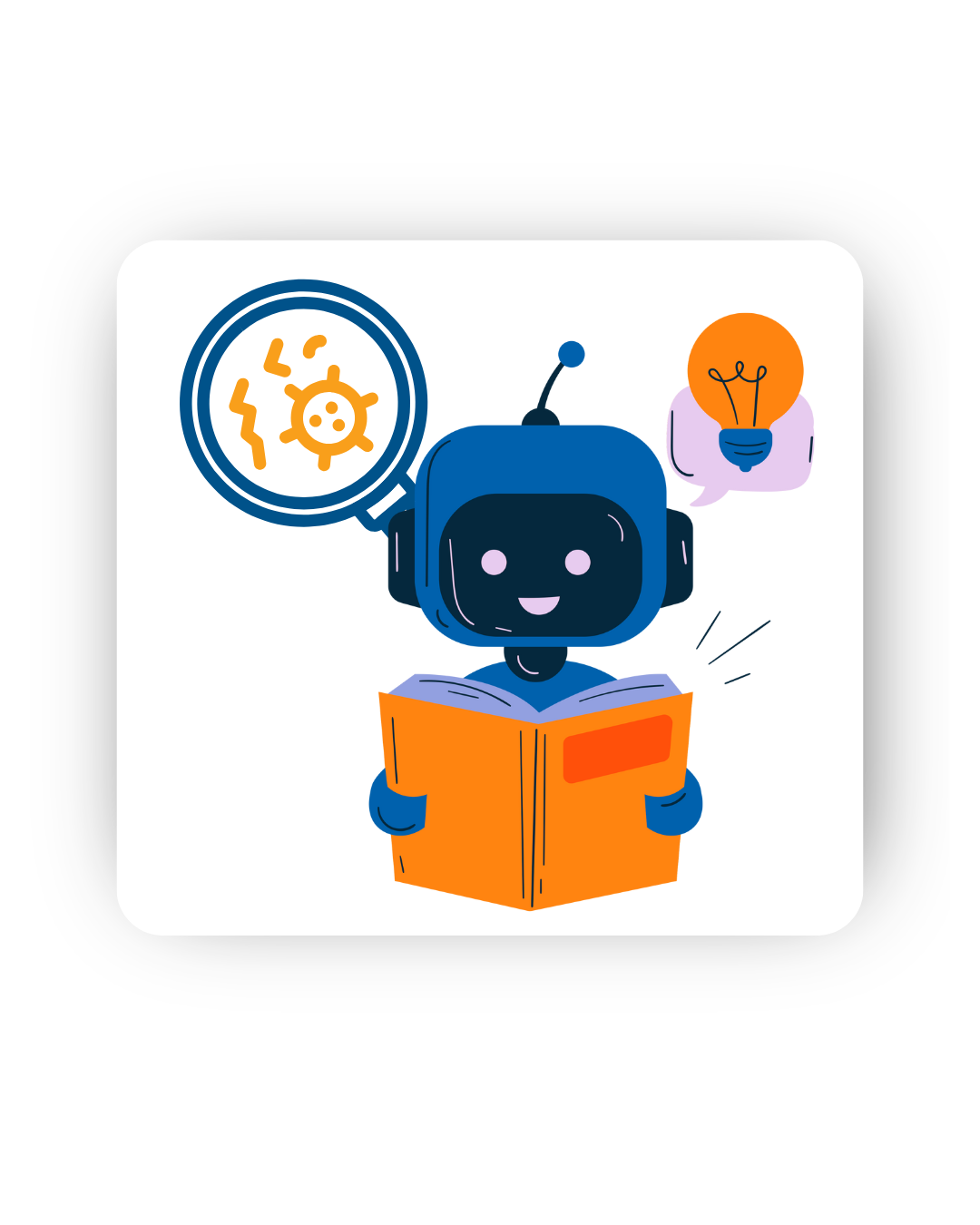
Machine learning (ML) algorithms are significantly improving diagnostic accuracy. Research shows that these algorithms can hit impressive accuracy rates; for instance, 93% accuracy in heart disease classification reveals that medical diagnosis AI is outperforming traditional methods in certain cases.
By learning from vast amounts of data, including electronic health records and medical images, ML models can spot subtle patterns and anomalies that humans might overlook. Studies show that machine learning (ML) architectures, such as support vector machines and neural networks, routinely attain high sensitivity, specificity, and accuracy in disease detection—in some cases, even surpassing skilled clinicians in controlled environments.
AI Tools Simplifying the Analysis of Medical Imaging
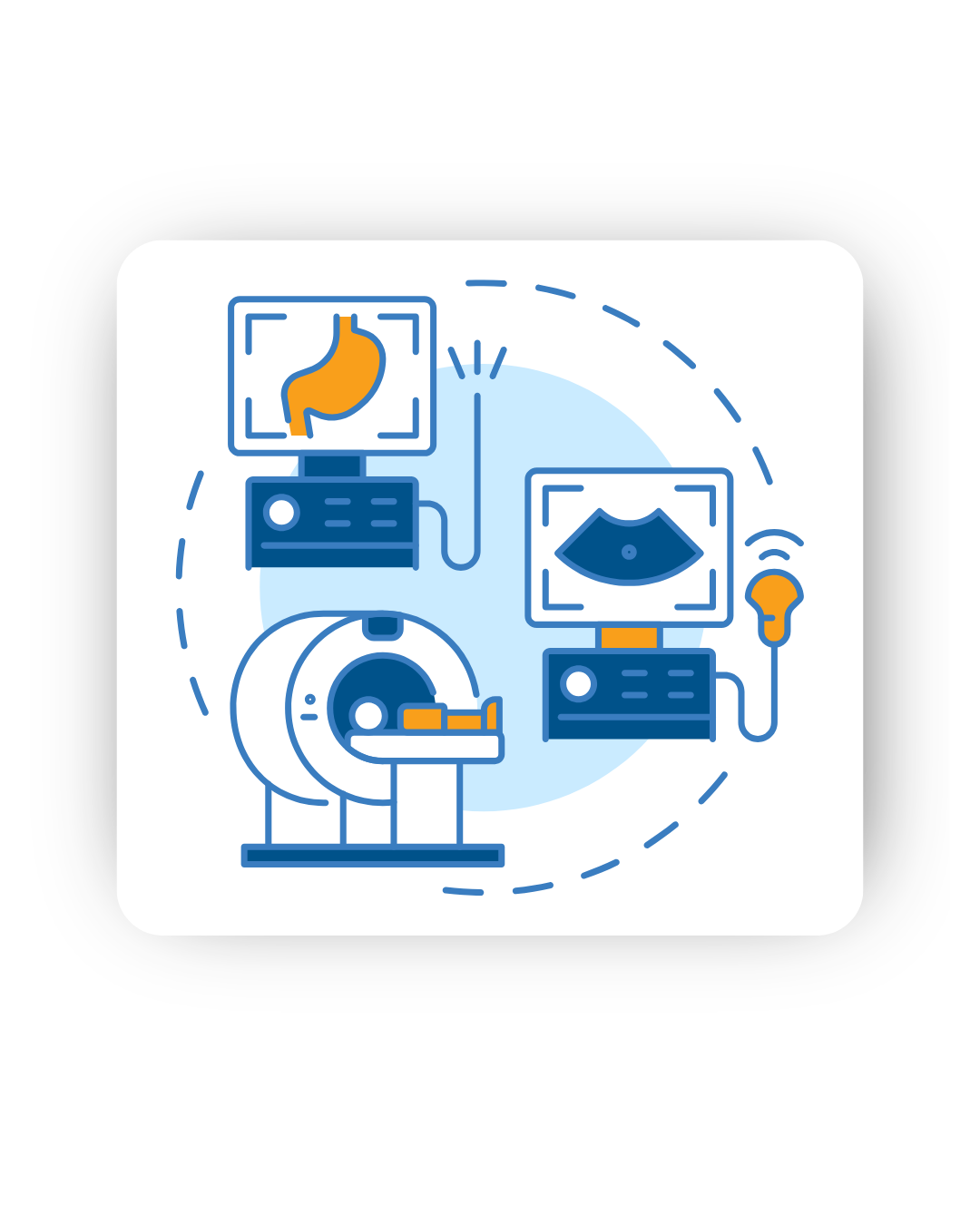
AI healthcare tools for analyzing medical images are really speeding things up, helping patients receive quick answers and jump right into treatment. These systems are quite good at spotting issues like tumors and lung nodules, taking a hard look at MRIs, CT scans, and X-rays without wasting time. This is shaking up the entire workflow of medical imaging.
Hospitals are turning to top-notch technologies like 'MedImageParse' for precise image segmentation and 'MedImageInsight' for advanced analysis across different medical fields, like radiology and dermatology. These tools for AI healthcare highlight areas of concern and allow doctors to focus more on the intricate cases—it's not about replacing radiologists, but rather equipping them to be even more effective.
For instance, advanced computer-aided diagnosis systems use deep learning to break down images and identify lesions. This not only minimizes the chance of human mistakes but also speeds up how quickly diagnoses are made. Some studies even suggest that these AI models can hit a staggering accuracy rate of 98-100% when tackling certain imaging tasks.
Examples from the Real World: AI Diagnosing Illnesses
Real-world applications are already making a difference.
- Assists in medical emergencies: Using ECGs and CT scans, AI systems in emergency rooms are helping doctors quickly diagnose heart attacks and strokes. Research shows that Rapid CTP AI software detected medium vessel occlusions 23% more frequently than other AI software, which is important for stroke treatment where every second counts.
- Helps with Radiology: AI algorithms, like those from Google DeepMind, are either matching or exceeding human experts when it comes to spotting eye conditions and cancers in medical imaging.
- Melanoma and dermatological screening: Medical diagnosis AI is stepping into dermatology by analyzing skin lesions and catching possible melanomas.
- Effective for Pathology: IBM's Watson for Oncology examines tissue samples and patient records. Accordingly, it assists oncologists in detecting cancerous cells and recommends evidence-based treatments.
- Used in ophthalmology: Ophthalmologists are using AI in medical diagnosis to screen diabetic patients for diabetic retinopathy before they even notice symptoms.
- Identifies Predictive analytics: AI systems can guess the likelihood of diseases depending on a patient's medical history and lifestyle. This enables earlier and more customized interventions.
Issues and Considerations in AI-Powered Diagnosis
Despite these developments, there are still obstacles facing AI in medical diagnosis:
- Bias and Data Quality: There is a lot of bias that puts data quality at stake. After all, AI models are trained based on training data. So biased or incomplete datasets may reinforce preexisting health disparities. The result? Erroneous predictions.
- Interpretability: It could be difficult for clinicians to understand how decisions are made since many AI systems are "black boxes." This affects adoption and trust.
- Ethical and Regulatory Issues: There are still concerns about how private and secure patient data is. Also, clinicians need to check if these AI medical systems adhere to healthcare laws.
- Combining AI may disrupt care: One constant challenge is integrating AI healthcare tools into clinical workflows without interfering with the provision of care.
Eventually, trusting an AI system to operate functionally is debatable. So, transparency, continuous monitoring, and testing the systems thoroughly are of the utmost need. This gives you peace of mind knowing they are functioning in clinics and hospitals optimally.
AI's Potential for Medical Diagnosis in the Future
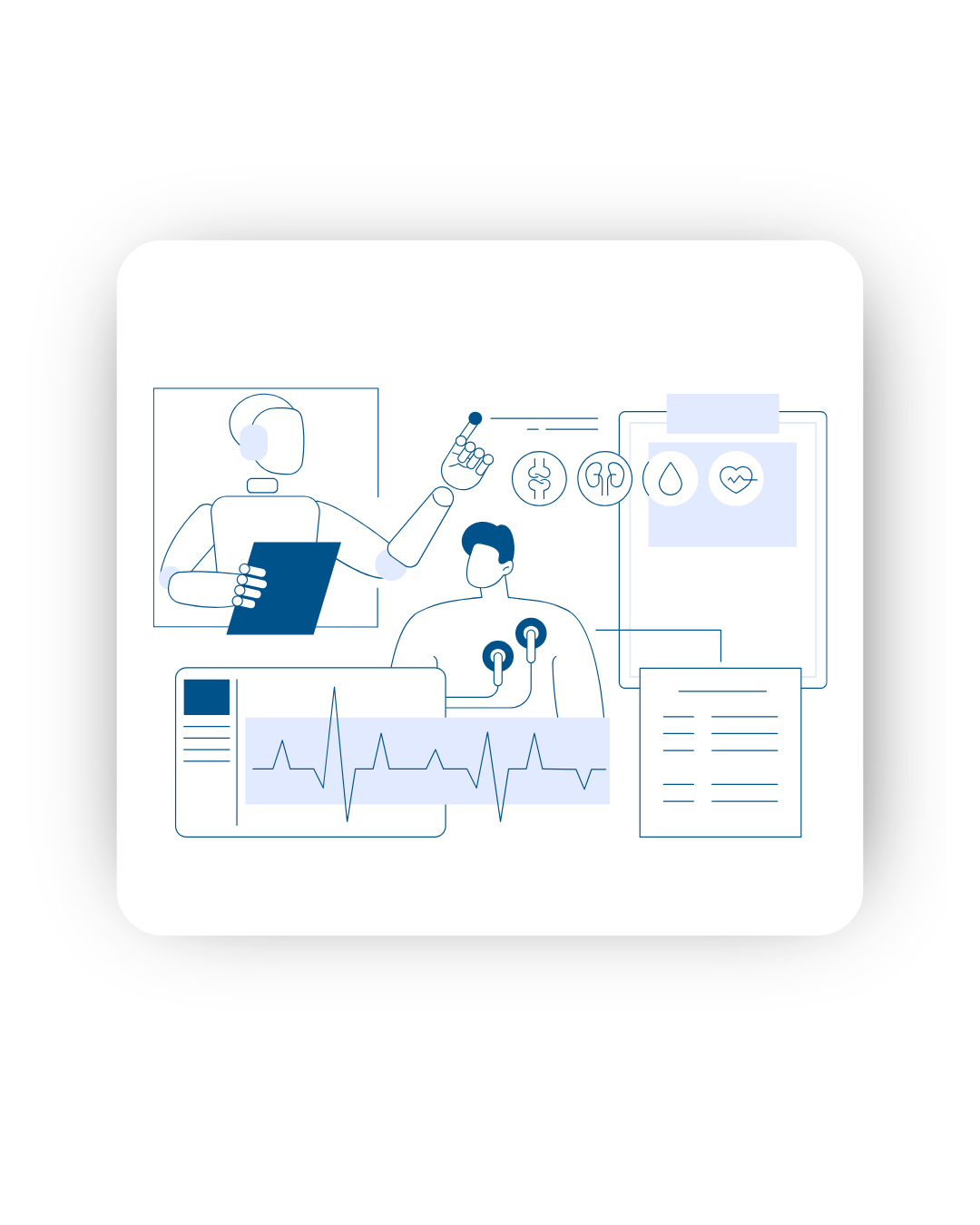
There’s no doubt that AI in medical diagnosis is already leaving doctors and researchers in medical diagnosis impressed, and it’s sure to go a long way in the future. Experts are predicting individualized AI systems for one-on-one health checkups and early warnings based on your medical history, family genetics, and lifestyle choices. Artificial intelligence (AI) will soon predict which patients are likely to experience complications so the right preventative actions can be taken.
AI systems will contribute to faster, more precise, and more individualized diagnoses as they are increasingly integrated with clinical decision support and electronic health records, ultimately improving patient outcomes and revolutionizing medical practice.
To see how you can improve your medical practice with AI for healthcare solutions or need help integrating AI healthcare tools and frameworks, get in touch with us!
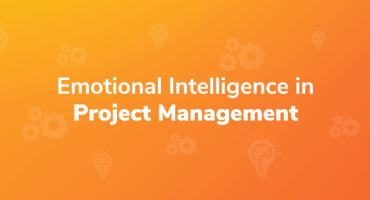
Emotional Intelligence in Project Management
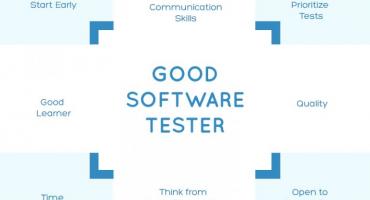
Qualities to Become a Good Software Tester


